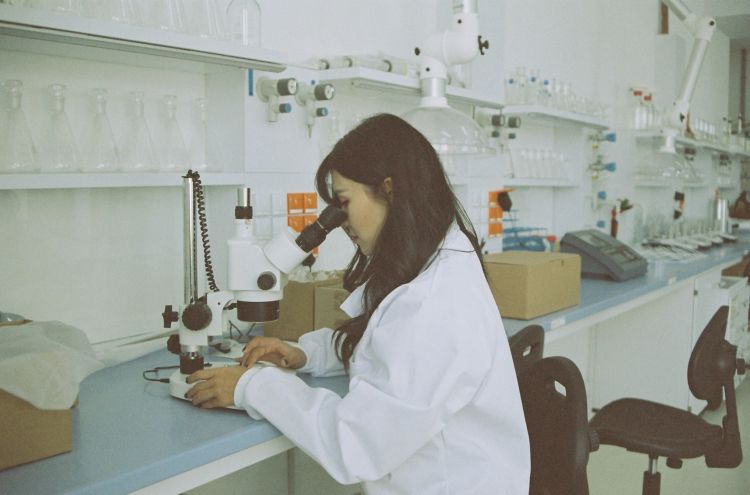Industry Groups Push for Eliminating "Pill Penalty" in Reconciliation Package
Industry stakeholders are advocating for key healthcare policy changes to be included in an upcoming Republican domestic policy bill expected to pass along party lines. PhRMA and Incubate, a nonprofit supporting venture capital firms, are prominently backing bipartisan legislation that would address disparities in the Inflation Reduction Act's drug price negotiation timeline.
The Ensuring Pathways to Innovative Cures (EPIC) Act, reintroduced by two North Carolina Republicans and one Democrat, aims to extend the negotiation eligibility period for small molecule drugs from seven years after FDA approval to eleven years - matching the timeline currently applied to biologics.
"This is our priority one, two and three," stated John Stanford, executive director of Incubate. The industry argues this "pill penalty" correction is crucial as venture capital firms are already shifting investments away from small molecule drugs due to the shortened exclusivity period.
Additionally, bipartisan support is building for pharmacy benefit manager (PBM) reforms that could be incorporated into the reconciliation package. "Both sides agree on this issue. It's not an issue of contention," noted Rep. Diana Harshbarger (R-TN) during a recent House Energy & Commerce subcommittee hearing.
Other healthcare bills seeking inclusion include legislation to reauthorize the rare pediatric priority review voucher program and a controversial proposal from Texas Republicans that would allow reciprocal drug approvals from certain foreign countries - a measure critics warn could undermine FDA authority.
For comprehensive coverage of these developing healthcare policy initiatives, please visit Endpoints News.





